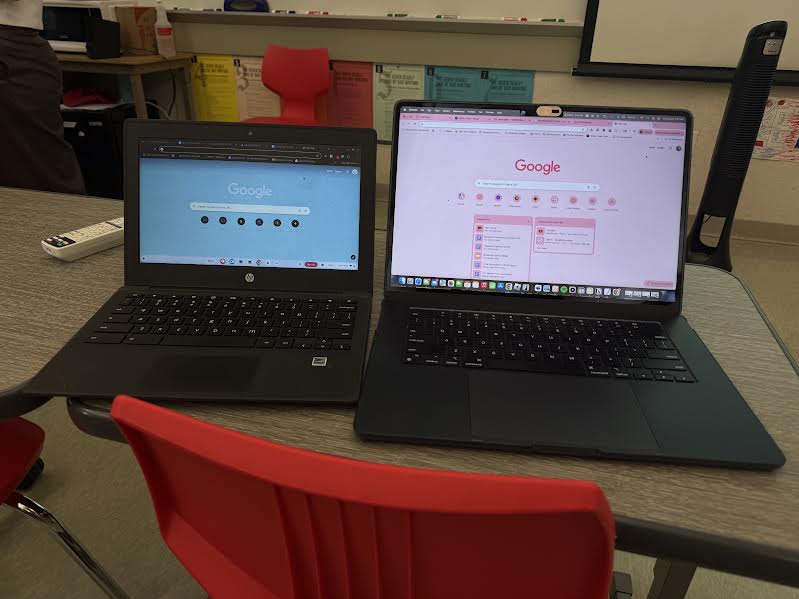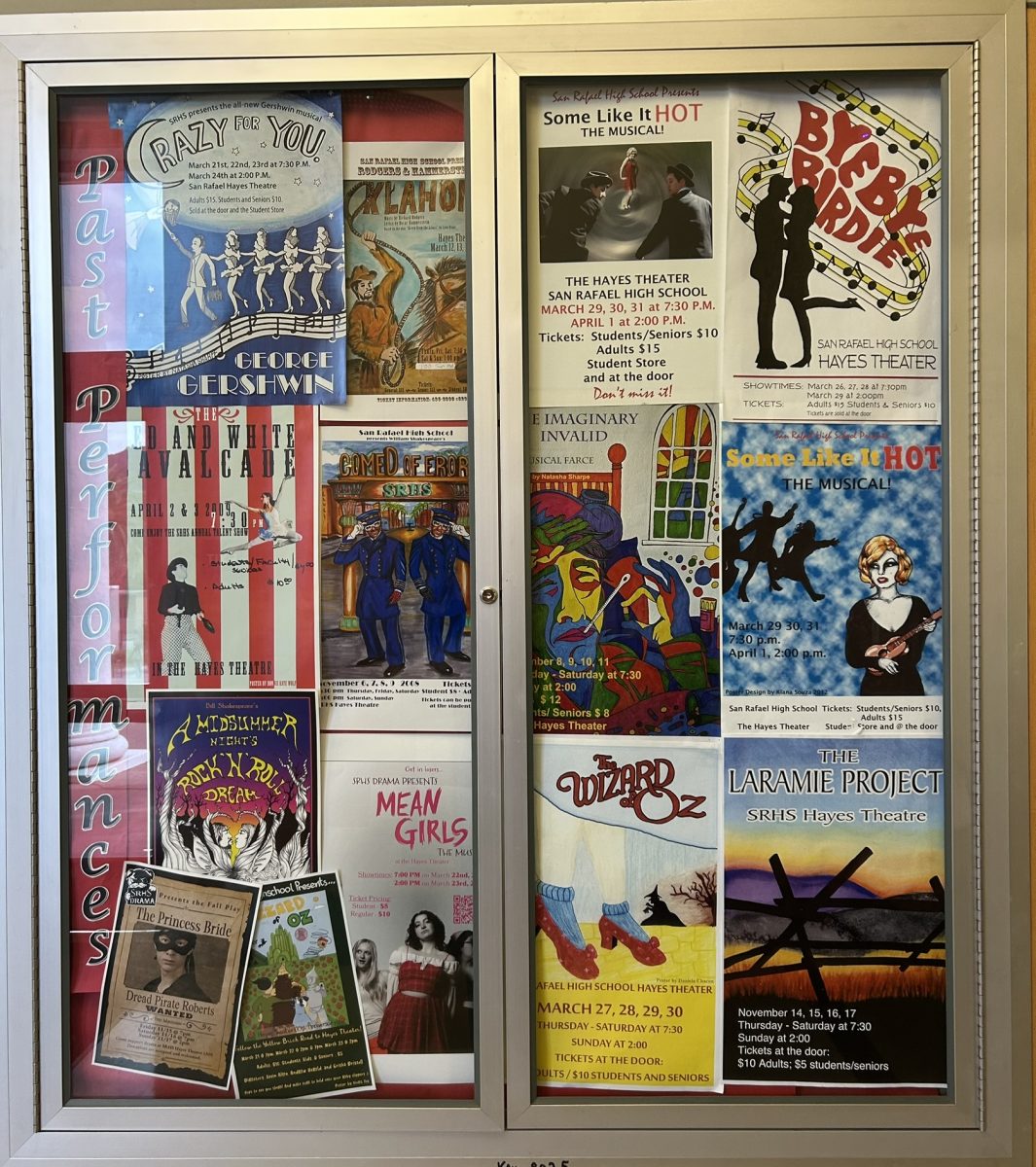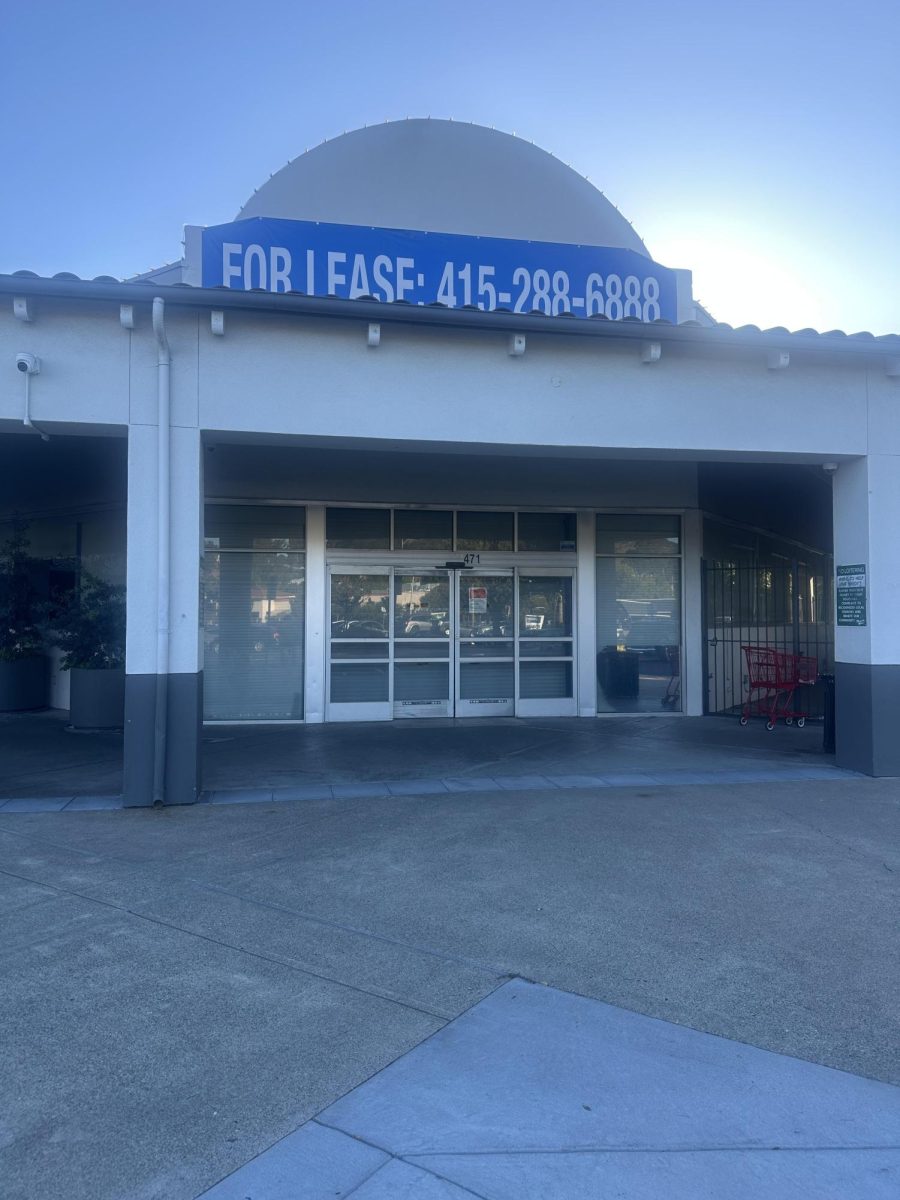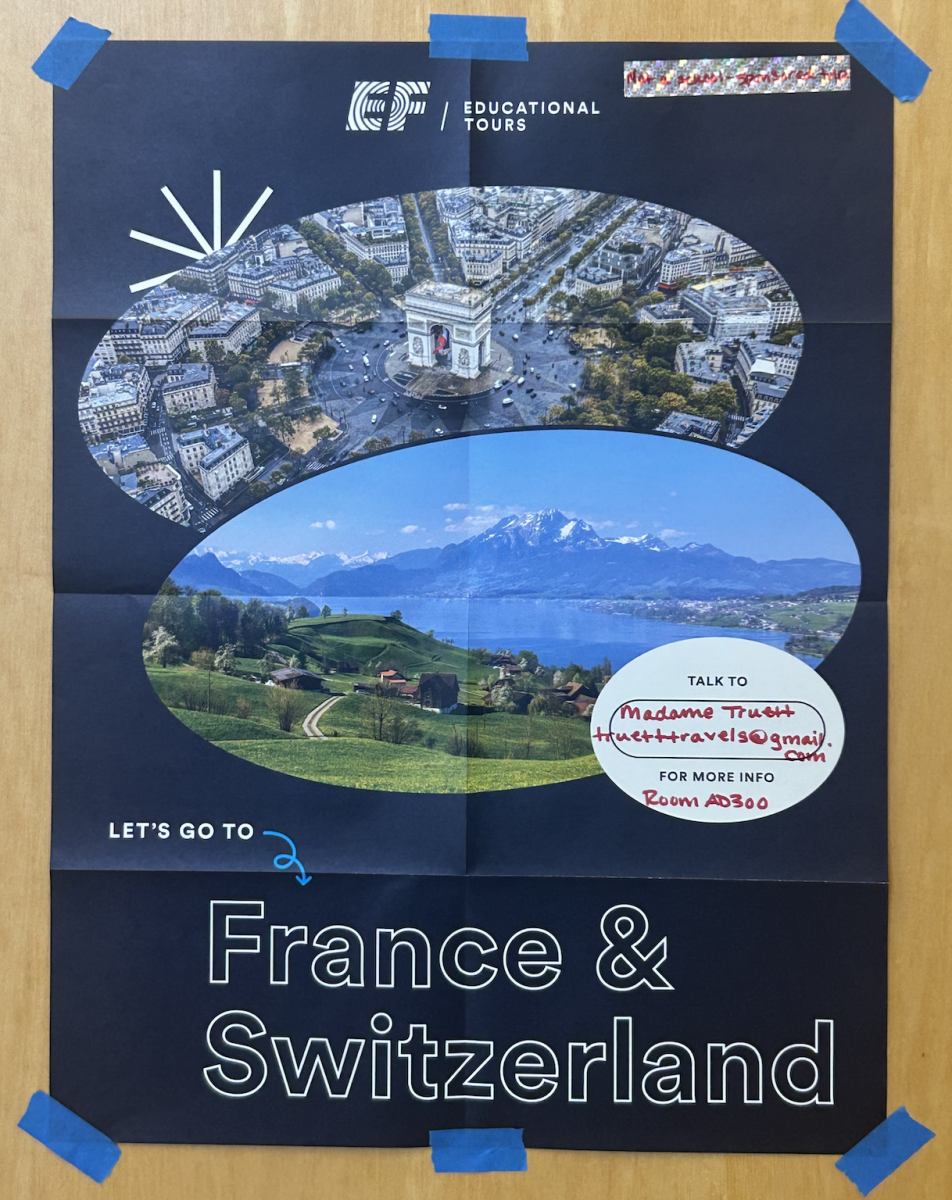Peeling the Orange
June 8, 2023
When I was five years old, my parents told me that I was going to have a little brother. As the months went by of my mother’s pregnancy, excitement filled me up as I would finally have someone to grow up with. The day finally came and my brother was welcomed to the world. My mother would always tell me how she was surprised to see her baby with such a unique physical trait – bright orange hair. Just like my father! It’s quite a unique color. Orange, that is, not exactly red but not quite yellow.
To me, the color orange has always been an eyesore. It’s hard to explain why, but something about the color didn’t sit well with me. Maybe it was the brightness of the color or the way it clashes with other colors. Or the fact that it reminds me of pumpkins, butternut squash, sweet potatoes, and papaya foods that I particularly don’t like. Whatever the reason, my dislike for this color has always been a part of who I am. It’s not something I actively thought about daily, but it was always in my mind.
I struggled to understand why I was so different from my brother and father. As a child, I would be embarrassed by their hair color as I didn’t want to draw any attention towards us. In school, I was often teased by kids for being different from them. Whenever we were out in public, I would often be the target of jokes and teasing.
I always knew my father would identify as a Latino, but he doesn’t look like it. He has light skin, hazel eyes, and orange hair. He was born in Guatemala, where he grew up speaking Spanish and Mam (a Mayan Language) and immigrated to the United States when he was twenty. He always made sure my siblings and I connected to our culture. On his days off of work, he would cook traditional Guatemalan dishes, watch movies that embraced the Latino culture, and even take us to cultural events in the city. He was very proud of his culture and wanted us to appreciate it as part of our identity.
I was constantly compared to my father and this was something that confused me as a child. It’s not that I don’t love my father, it’s just that we look so different, and yet people seem to compare us. They would say things like, “You’re just like your dad.” I know they were not talking about my appearance. People would always ask me if I was adopted or if my dad was my real dad. I hated how frequently they would ask these questions. It was hurtful and frustrating, and it made me feel like I didn’t belong.
People would say how I was the “unlucky one” and how “God has favorites.” While I know that most people don’t mean any harm by it, it can still be hurtful and it’d make me feel out of place. I tried brushing the comments and not taking them to heart. Later on I became jealous of their hair color because it seemed as if people accepted them more.
So I began to find different ways to stand out just like them.
I first started straightening my hair. Back in those days, I had extremely long curly hair that would reach to my knees and straightening my hair would make it longer. After that, I realized that straightening my hair was only causing damage to my curls, so I didn’t want to risk that. I didn’t want to look basic among others, so I began dyeing my hair in different colors. Most of them were bold and unnatural colors – such as purple, blue, fuchsia, pink, green, red, yellow and white, but never orange. I liked experimenting with my hair because I was able to find something that I was passionate about. And above all, I felt like a chemist mixing through different substances waiting for the chemical to have a reaction. But dying my hair didn’t make a difference, people still accepted them more than me.
When I was six years old, my father and I decided to go to a pawn shop. As we nervously walked the street, I couldn’t help but feel a bit overwrought. We had never been to a place like this before and I was going to translate the conversation my father wanted to have with the shopkeeper. As we entered, there were thousands of items displayed in rows on shelves and tables, from jewelry to books to old instruments, that were surprisingly in good shape. The shopkeeper looked at my father kindly as he shuffled some papers on his desk. Suddenly, he looked at me with a stern face. The way he dangled his keys on the counter made me feel uneasy as if he was sizing me up. I ignored his gaze as he followed my every move around the shop while my father was at the jewelry section. I realized that he didn’t do that to my father, only to me.
I didn’t quite understand why people were so fixated on my appearance. I knew that I looked different from my father but I didn’t think it was a big deal. It wasn’t until I was in middle school that I realized how much my appearance mattered to other people. I remember one time in particular when it was Back to School Night in sixth grade. As we walked around the school campus, a classmate’s dad made his way towards us. He took a good look at me and asked my father, “How come your daughter is so dark compared to you?” My father stood blankly because he didn’t speak any English. (How funny of this man to instantly assume that my father could speak English). I remember feeling embarrassed and not knowing what to respond.
After that, I started to be self-conscious of my skin color. I am a colored Latina, and I felt like I didn’t fit in with my friend group. They all had lighter skin, just like my father. Instead of standing out from the crowd, I just wanted to look like them. I began to look for ways on how to make my skin color lighter.
At first, I tried using skin-lightening creams. I would apply them every night before bed, hoping they would make a difference. But they didn’t seem to work. I started to feel even more self-conscious. I started to watch videos on YouTube with titles like “How to Get Fair Skin at Home in 1 Week” and “How to Become Fair Skinned Quickly”. Those videos didn’t work. I felt like I was never going to be able to change my skin color, no matter how hard I tried.
Like my father, I also don’t fit into societal norms. Even though I don’t have his pale skin, hazel eyes, and orange hair, there are parts of me that don’t mark all the boxes in the list of classifying as a Latina. Due to genetics and all that science-y information about codes of DNA, my skin tone is roughly lighter than other Latinos. But in my family, I tend to be darker than everyone else. Because of this, confusion would arise with my peers whenever I would say that I am quite tan-skinned. They would say things such as “You are white compared to us.” This led me into having an identity crisis.
I was feeling isolated, misunderstood and even ashamed. I naturally wanted to belong with my friends and be accepted by others. I started playing sports, getting involved with extracurriculars, doing community service, finding a way to make myself feel identified, but whenever my father would come around, the questioning and teasing would come back. I projected my insecurities onto him and I began to dislike everything about him, including the color orange.
As time went by, I no longer associated the color with my father. I’ve come to appreciate the color for what it is; a simple color in the rainbow. I still struggle with feeling like an outsider at times, but I began to appreciate myself and learned that it’s important to embrace who I am, even if it means looking different from my father. It took me a long time to learn how to deal with the comparisons. At first I tried to ignore them or laugh them off. Eventually, I started correcting people when they asked if I was adopted, and I stopped letting their comments get to me. It wasn’t easy, but it was worth it.
I’m grateful for the experience. It taught me to be proud of who I am. Looking back on my childhood, I wish I had known then what I know now. I realized that my dislike for the color orange was a symptom of a deeper issue. I wish I had realized that my appearance wasn’t something to be hidden. I was struggling with my self-image and I didn’t know how to deal with it. I felt like I didn’t fit in with kids at school and was always looking for ways to distance myself from my father’s physical traits.
It’s funny how something as simple as a color can have such a profound impact on my life.






































